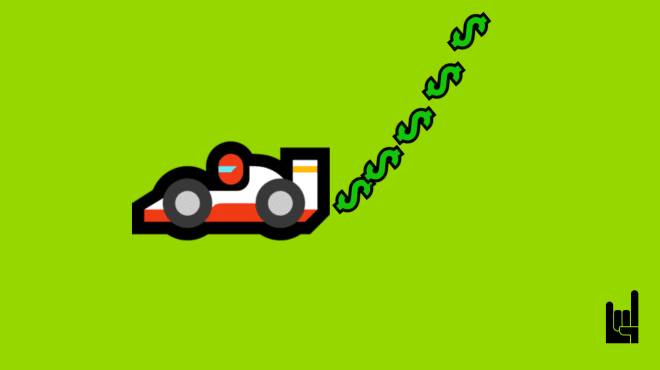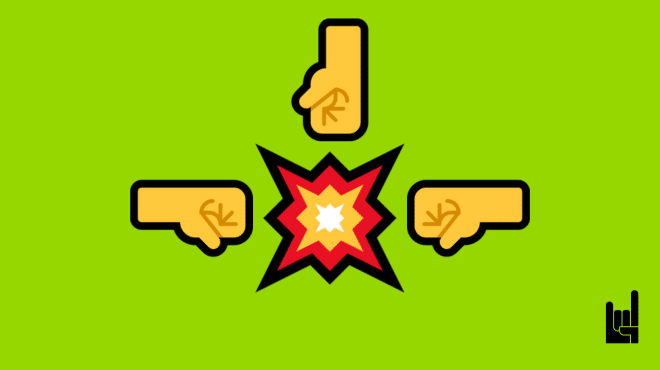Content repurposing is the process of adapting or modifying existing content so that it can be used in a) a new format or b) for a different audience. This can be done for a variety of reasons, such as to reach a wider audience, to update or create content for another medium, or to create new content more efficiently.
There are many ways to repurpose content, depending on the original format and the intended new format. For example, using specialized apps, a blog post could be turned into a video, a podcast, or a social media post. An infographic could be turned into a slide deck or a series of blog posts. A webinar could be turned into a series of blog posts or a video course.
Content repurposing can be a useful strategy for content marketers and other professionals who want to make the most out of their existing content assets.
By repurposing content, they can reach new audiences and extend the life of their content, without having to start from scratch every time they want to create new content.


